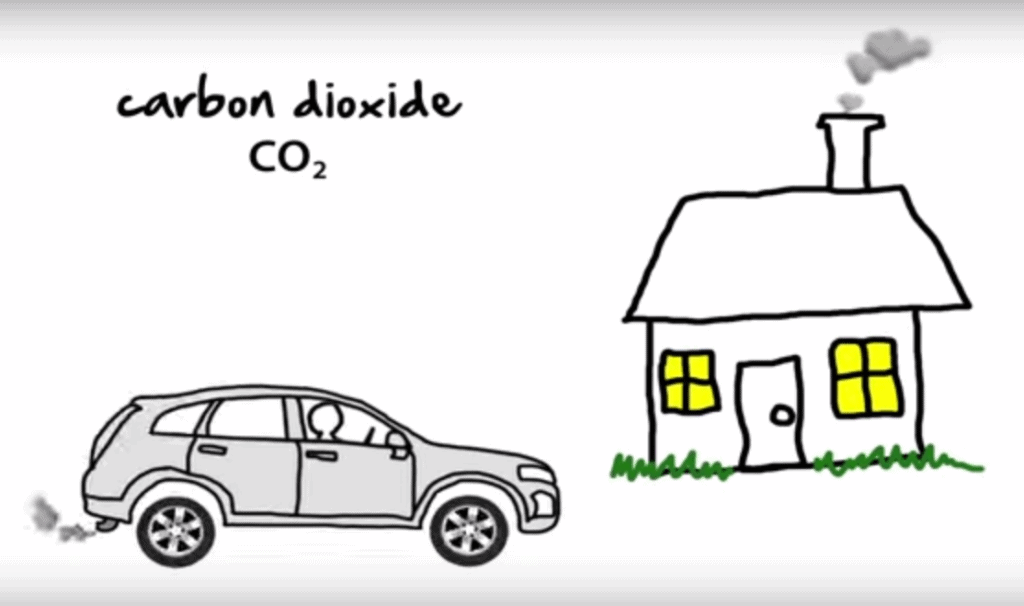Recent research undertaken on behalf of Liquid Gas UK reveals that 58% of UK homeowners who are not connected to the mains gas grid feel the 2026 fossil fuel boiler ban is unfair compared to the later 2035 government target to phase out fossil fuels. This impacts those that use oil boilers for their heating and hot water. Some 60% of respondents said the government should abandon such plans.
This survey also revealed that almost 70% of rural households would not be able to afford electric heating – a suggested alternative to oil. Rural households are supposedly 40% more likely to be in fuel poverty than households in more urban areas, which paints a rather concerning picture for the future if, in only a matter of three years, such homes will need to rethink their heating system, should their oil boiler fail beyond economical repair.

Financial Impact of Net Zero:
While the journey to net zero is vital, there is a lot of concern from a financial perspective among people living in rural areas as to how they will be able to afford a new heating system.
Some 83% of rural councillors want their constituents to have more of a choice of heating options, which will be financially realistic whilst supporting the decarbonisation of the way they heat their homes. Around 73% of residents in rural areas are concerned about the financial impact of net zero.
An alternative:
Over the last 1.5 years, OFTEC and UKIFDA (Oil Fired Technical Association – UK & Ireland Fuel Distributors Association) have shown that the use of HVO in 150 homes across the UK can reduce carbon emissions by 88%, which can be achieved with just a £500 cost per household.
What is HVO?
HVO – Hydrotreated vegetable oil is renewable and biodegradable, making it one of the best alternative fuels for heating oil homes. There are a number of additional benefits to HVO for heating oil households:
Easy system switch – Heating oil households will not need to install a new heating system but will only need to make simple modifications. There are a number of benefits of HVO, including:
Cleaner burn – It burns 90% cleaner than Kerosine28 (regular heating oil).
Delivery – HVO is delivered the same way Kerosine is, which is via a tanker – most suppliers offer tankers of different sizes to cater for the smallest of household entrances and drives if needed.
Easy to switch – A few modifications are all that are needed when moving from heating oil.
Cheap to Install – Upgrades are significantly cheaper than changing to electricity or some other heating source.
Smell-Free – Kerosine28 has a rather pungent smell, while HVO is virtually odour free.
Currently, HVO is not widely available and is expensive. However, as more appliances are able to run on this, and it becomes more mainstream, the price will no doubt come down. While it’s not set in stone, it certainly is a viable alternative for those in off-grid areas.








